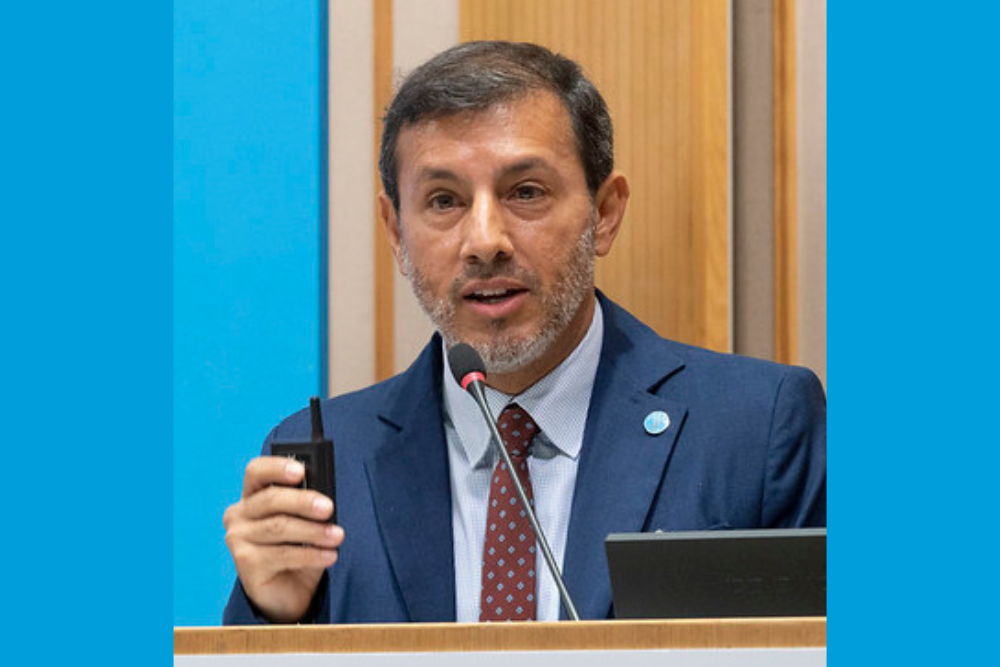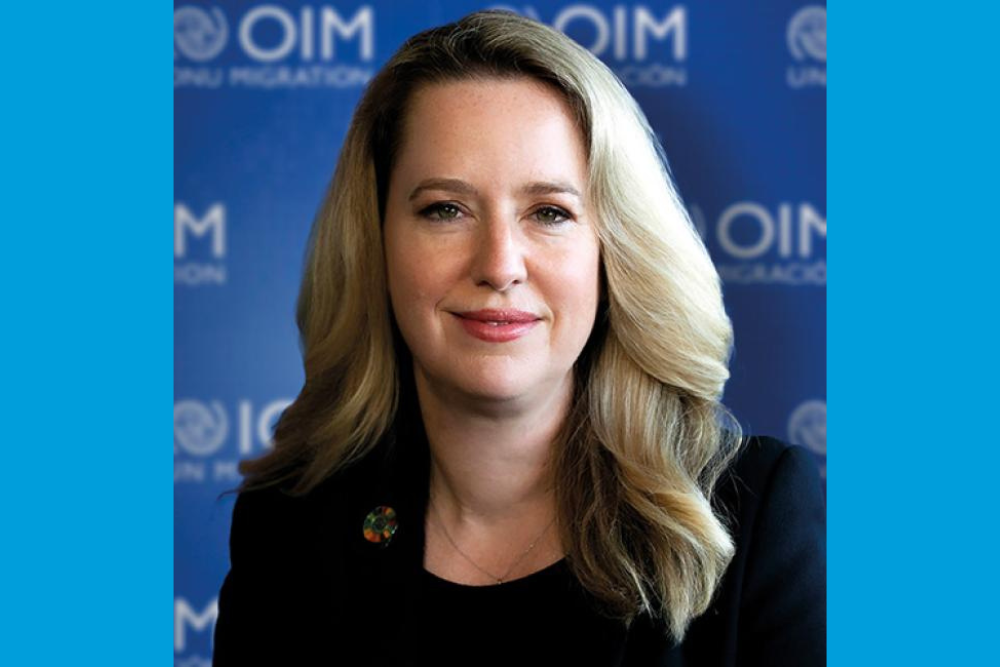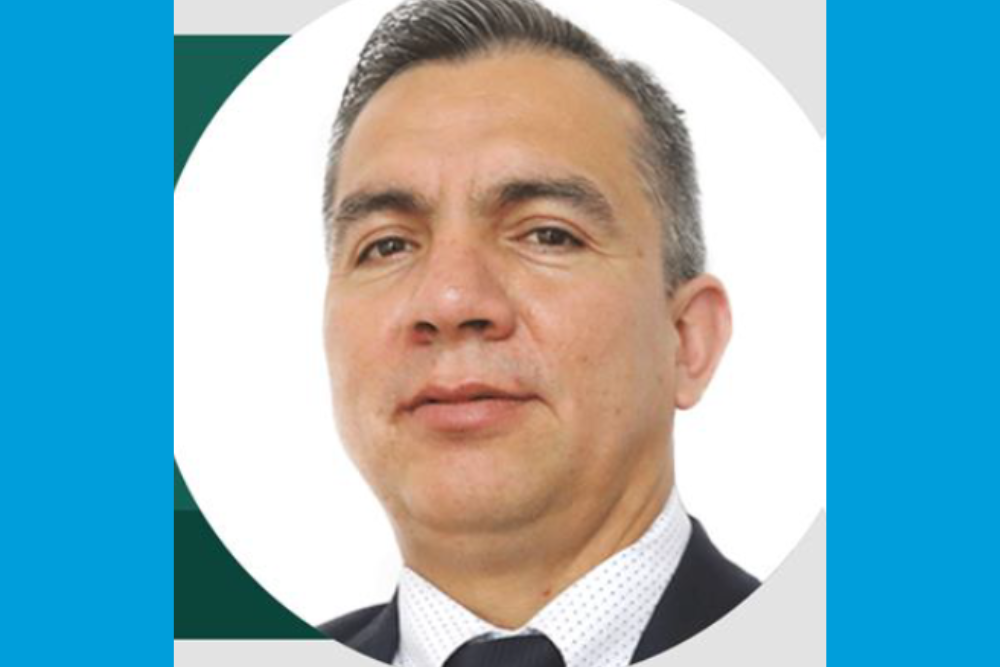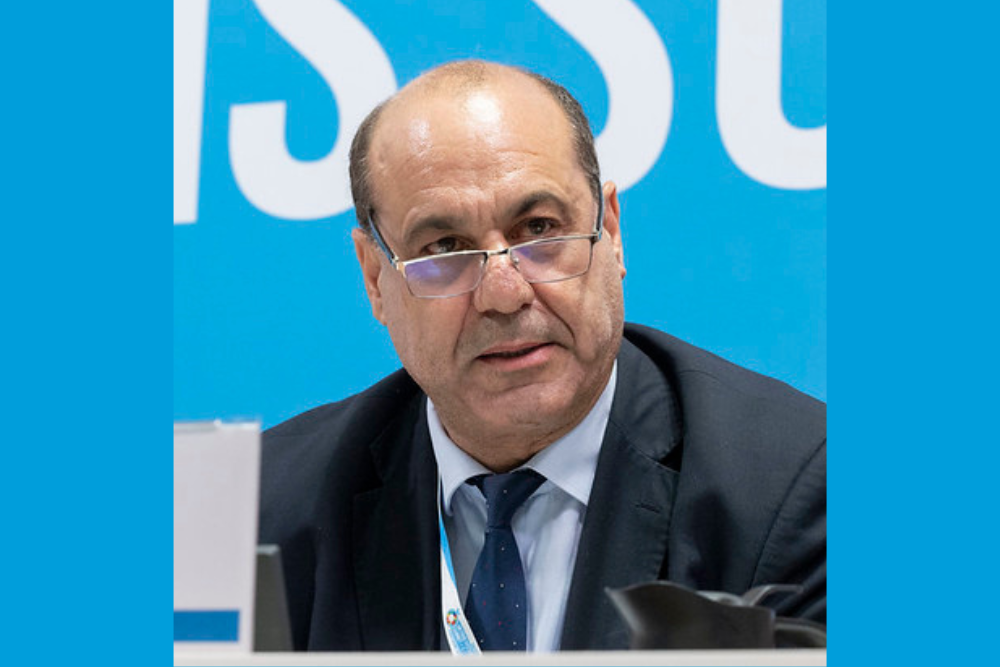
Leveraging urbanization for food systems transformation
Monday, 24th July, 16:30-18:00
Many cities are taking action to sustainably transform food systems. One area of progress is that champion cities are increasingly joining forces with national governments to ensure that national food systems policies reflect local concerns. This event aims to heighten awareness, advocate and learn from tangible initiatives. The role of cities as key entry points to ignite national and global level food systems transformation will be showcased. The need for many more cities and local governments to be given the space to engage in the design and implementation of policies and programs developed at national level will be highlighted.
Urban populations are expected to reach 68% by 2050 compared to approximately 56% today. They consume 70% of the total food produced and contribute significantly to GHGs, food waste and environmental degradation. Moreover, socio-economic and environmental inequalities are rapidly increasing in cities. Urban demographics and the character of rural urban linkages is changing. The rural urban distinction no longer appears to be an adequate axis with which to understand recent evolution of food systems. Small and medium size cities and rural towns have a major role to play in the inclusive, sustainable and resilient food systems.
The session will focus on the following questions.
- What are the top two key advancements you have set in motion to facilitate a joint food systems action between city, local and national governments and what are the next steps?
- How the local food systems action can be scaled up? How cities can work together with national governments to share experience, learnings and to drive systemic change in global food systems?
- What kind of support or policy changes at the national or global level would help your cities to create more sustainable and equitable food systems?
Champion cities are joining forces with national and local governments to ensure that food systems policies and actions reflect local concerns. The event will concretely:
- Strengthen awareness and knowledge of food systems-related policies and programmes set in motion especially since the UNFSS, through the sharing of initiatives and experience of city, local and national governments;
- Showcase collective follow up actions identified;
- Focus and highlight on system-level issues and potential interventions, which can have a significant impact when implemented at scale.
Resources
Speakers

Ms. Corinna Hawkes
Director, Food Systems and Food Safety Division, FAO

Mr. Marco Sanchez
Deputy-Director, Agrifood Economics Division, FAO

Ms. Amy Pope
Director General-Elect, IOM

Mr. Segundo Enrique Regalado Gamonal
Vice Minister of Policies, Supervision and Agrarian Development, MIDAGRI, Peru

Mr. Mohamed Sefiani
Mayor, City of Chefchaouen, Morocco

Ms. Anna Scavuzzo
Deputy Mayor, Milan, Italy

Mr. João Campari
Global Leader of WWF's Food Practice, WWF and Representative from TURFS

Ms. Jane Battersby
Senior Lecturer, University of Cape Town
Interventions from the floor
Representatives from:
- Alliance Bioversity International and CIAT
- European Commission- DG Climate Action
- GAIN Executive Director
- UN-HABITAT
- World Food Forum
